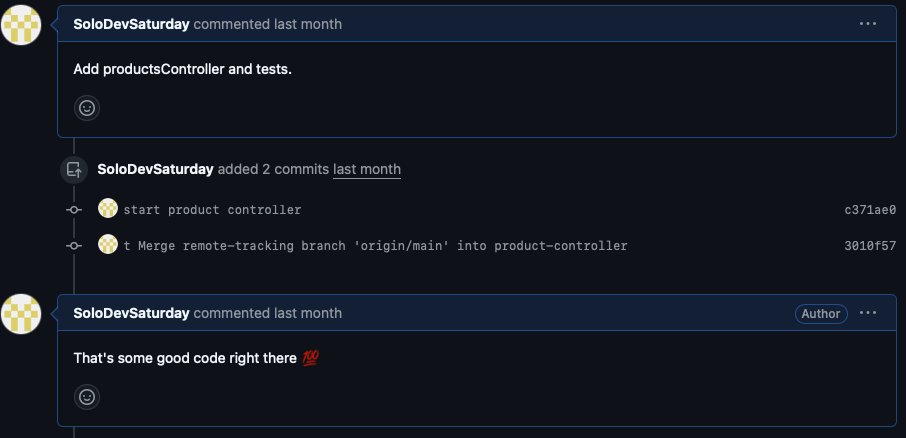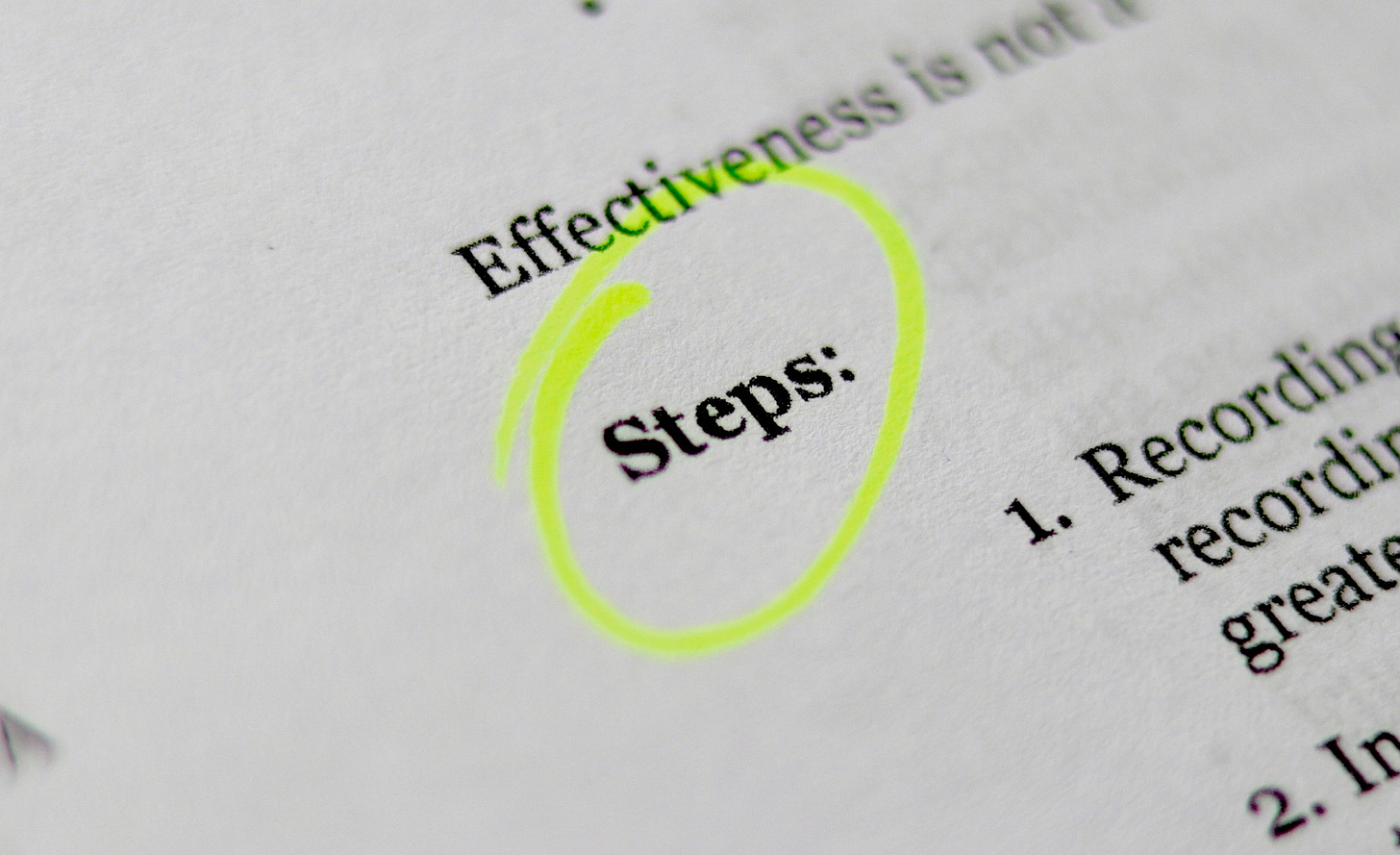From Vibe Coding To Victory: One Simple 3-Step Process
How I rescued my solo project from AI-generated chaos after being overrun.
Hey there Solo Dev!
This week I spent most of my available free time locked in, focusing on SoloDev Liftoff (except for my runs, always prioritize being active!)
Things were going great. I had my backend setup and I was flying through my frontend development.
I told Claude what I expected, what frameworks and libraries to use, and off the AI went.
Sitting back, I considered what the point of me was, as the most cracked developer of all time spat out my frontend at breakneck pace.
Then it happened.
And by that point it was too late.
I realized I had made a wrong assumption setting up my backend.
“Wait a dang minute… This will never work!” - me, the other day.
I faced my mistake.
I considered what I needed to change: a core model in my domain, and all the things I had built around it.
Facing the speed at which I had been progressing, I made a terrible mistake.
I was vibe coding too hard.
There was no proper reviewing of the code. I was just memeing with myself on GitHub.

Could I have foreseen this big domain change? Probably not.
The only real way to get the knowledge you need is to work and iterate. I had an idea, I went for it, I learned and iterated.
My brain is not big enough to visualize all of this before starting.
Chances are yours isn’t, either.
But one thing’s for sure: I definitely could have cleaned up the AI code more as I went along, rather than expect to do it at the end.
Now, facing a big refactoring, I felt waves of discouragement, getting lost in the oceans of AI-generated frontend code I had accepted.
So what could I have done?
I should have leaned on best practices.

When developing professionally, there’s certain standards you try to adhere to through rigorous processes:
Self-review checklists
Comprehensive documentation
External reviews from other developers
Automated deployment tasks that run tests and ensure stability
Some of these are not feasible for Solo Devs.
Where are you gonna get a second reviewer for all your pull requests if you’re working alone when time allows on the weekend?
Some of these are not as essential for Solo Devs.
Professional development often involves deploying to many different environments. For each environment the automated tasks pass. Each run represents more value.
This value diminishes as a Solo Dev, as you (likely) have fewer environments you need to go through.
But that doesn’t mean you should disregard the practices.
There’s three core components to building a Solo Dev project that you should implement in your process:
Self-reviews with checklists
Documentation
Testing
I was lured in by the temptation of quick progress, and it made my life a lot less fun for a while there.
I’m not saying these things need to be incredibly comprehensive (except for your tests, please make sure they actually test something, and test it well), but please have something in place.
Learning from my own mistakes, I implemented the following that I now follow before vibing along 👇
Self-review

Before I merge any PR (even if it's just me approving my own work), I now run through this quick checklist:
Does this change meet the original requirement/intent?
Have I reviewed every file in the PR, not just skimmed the "important" ones?
Have I checked for hardcoded values that should be constants or config?
Is there any duplicated code that should be extracted?
Have I removed all debug code, console logs, and commented-out code?
Did I write at least basic tests for this functionality?
Will I understand what this code does 3 months from now?
This takes me 5-10 minutes per PR, but can save me hours of frustration.
Documentation
When we work with others, there might be a temptation to rely on them. You can just ask them if you don’t know something.
This doesn’t work when you’re alone.
You need documentation to stay aware over long periods. ESPECIALLY if you ever have to go away for a while and come back to building.

I now keep three mandatory documents up-to-date as I build:
A user perspective document: This document details my idea of how the user interactions with the system and acts as a source of truth for how the system is designed from their point of view.
An architecture document: This document details my choices for my backend architecture, the structure of my project and the endpoints in my API.
A decisions document: A document specifically detailing why I made certain choices. If I ever find myself scratching my head about a big decision, I will return to this document to see why I made it. If I end up scratching my head even harder, I update it.
Testing
Please do not just generate endless amounts of AI code without a focus on comprehensive testing.
But remember, comprehensive testing does not mean 100% coverage. IT also doesn’t mean telling the AI to generate it all and calling it a day.
It means:
Create a suite of unit tests to test core logic
Maybe even set-up automated builds that prevent merges if tests fail
Create a small set of manual “end-to-end” tests to run when big changes happen
It’s tempting to skip these. I get it.
I literally just did skip them.

But here's what I've learned the hard way: technical debt compounds faster when you're solo. There's no team to catch your mistakes or help when things go wrong.
The good news? You don't need the full enterprise-grade process. These lightweight practices give you 80% of the benefits with 20% of the overhead.
See you next week!



Very interesting post, thank you! It actually made me wonder if it's really possible to self-review and if being a solo dev is ideal or a constraint.
In my opinion, having to show someone else your code and get some feedback about it forces you to be better.
I'm wondering if there is some platform where people can give code reviews to each other, but I'm not familiar with any.